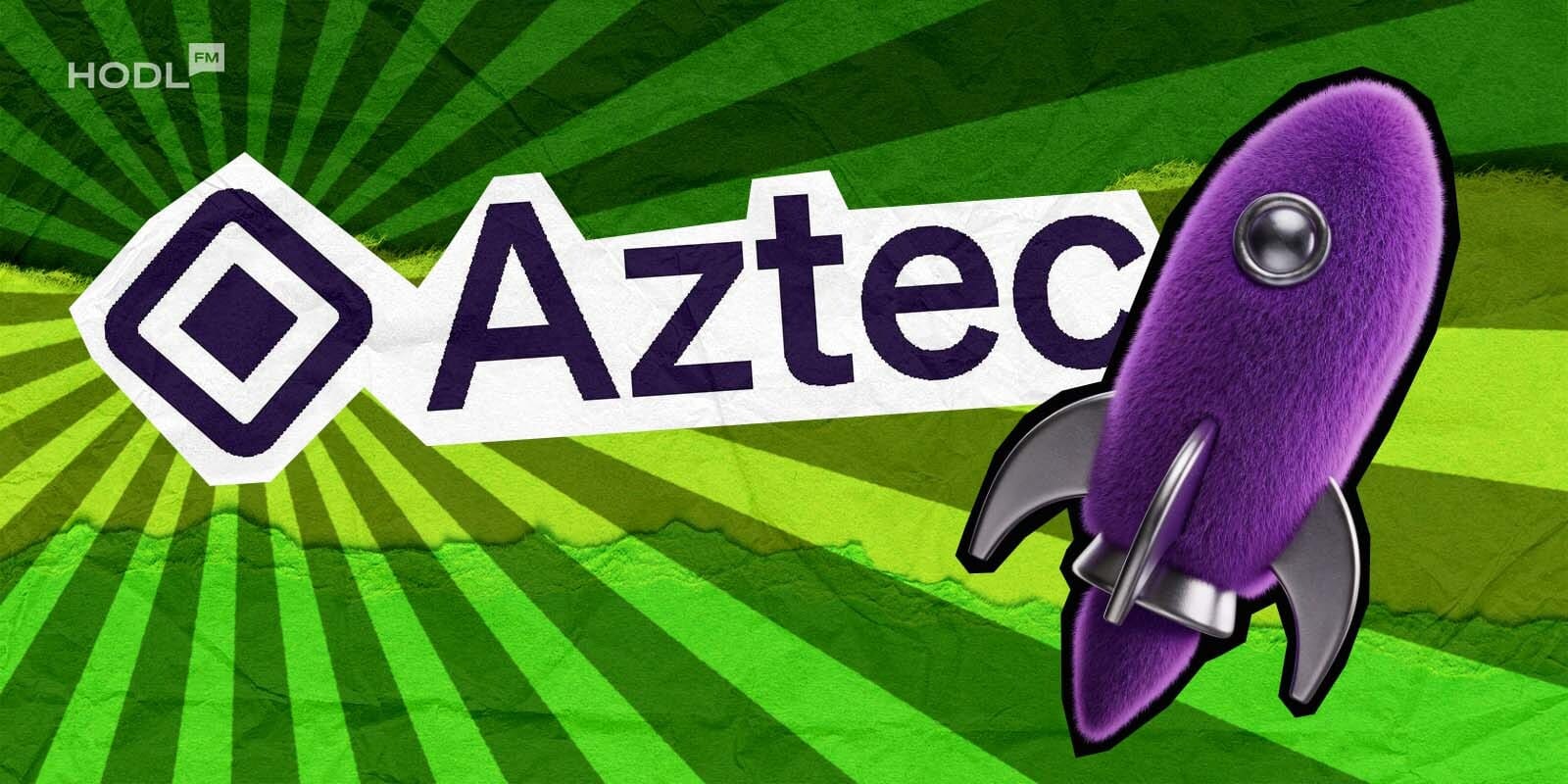The Grand Court of the Cayman Islands has granted an injunction against entities of Maple Finance following a legal complaint filed by Core Foundation, alleging multiple breaches of confidentiality and exclusivity within their earlier commercial agreement. The injunction, issued by the Honourable Justice Jalil Asif KC on September 26, 2025, restricts Maple Finance from launching or promoting its competing product syrupBTC, using Core Foundation’s confidential information, or dealing in CORE tokens without prior written consent while arbitration proceedings continue.
According to Core Foundation’s official statement on X dated November 19:
“The Grand Court of the Cayman Islands has granted an injunction against Maple Finance entities, finding that there is a serious issue to be tried regarding Maple’s alleged breaches of its commercial agreement with Core Foundation to develop lstBTC, the joint Core-powered liquid staked Bitcoin token.”
The ruling marks a significant moment for on-chain commercial partnerships, with the Cayman Islands court determining that monetary damages alone would not sufficiently address the potential harm to Core Foundation, citing both the risk of Maple disposing of CORE tokens and the commercial advantage Maple might gain by launching a rival product.
Background: building lstBTC and alleged breach
The Core Foundation and Maple Finance entered into a partnership in early 2025 to create lstBTC, a liquid staked Bitcoin token enabling institutions to generate yield on their Bitcoin holdings while maintaining custody through regulated custodians such as BitGo. The collaboration was publicly announced at Consensus Hong Kong in February 2025 and initially saw over $150 million of client Bitcoin allocated to the offering.
The partnership helped fuel Maple Finance’s rapid growth, with Core Foundation contributing capital, technical expertise, and marketing resources to the joint product. However, by mid-2025, Maple allegedly began using Core’s proprietary materials and confidential information to independently develop syrupBTC, a directly competitive product. Core Foundation claims this action breached a 24-month exclusivity clause embedded in their contract.
Justice Asif found there was “a serious issue to be tried in relation to Maple’s alleged misuse of Core Foundation’s confidential information and breach of exclusivity.” The injunction remains in force despite efforts from Maple to vary the ruling.
Concerns over lender impairment and asset handling
The dispute has also extended beyond trade secrets into the realm of client asset management. Core Foundation highlighted that Maple declared an impairment worth millions of dollars against lenders in its Bitcoin Yield product, a move the foundation questions as both unnecessary and potentially unjustified.
“It is unclear why Maple maintains that they are unable to return the Bitcoin to their lenders at this time, or if they have the right to impair them,” Core Foundation said in its statement.
The group added that the Bitcoin collateral was expected to be securely held in a bankruptcy-remote segregated structure by “reputable custodians,” ensuring protection from company-level liabilities.
The foundation emphasized it took steps during the partnership’s formation to guarantee lender safety, including price protection mechanisms through hedged CORE options that Core Foundation sponsored until Maple’s alleged material breach earlier this year.
Maple Finance responds to allegations
In response, Maple Finance issued its own statement on November 20 through X, disputing Core Foundation’s claims.
“Maple Finance stands firmly in defense of lender rights and confirms there is no impact to our broader business operations as a result of the recent Core Foundation statement. The dispute is strictly limited to the pilot program conducted in partnership with Core Foundation for BTC Yield,” the platform wrote. The company further asserted, “Core Foundation’s actions are directly against lender interests. Maple denies any allegations of wrongdoing on its part and will be pursuing all available remedies aggressively to ensure Core Foundation is held responsible for the consequences of their actions.”
Broader implications for DeFi governance
This case underscores the growing complexity of decentralized finance (DeFi) partnerships, where smart-contract-based projects often rely on traditional legal frameworks to enforce intellectual property rights and exclusivity covenants. The ruling illustrates the boundary between on-chain collaboration and off-chain commercial law, a dynamic that continues to evolve as DeFi matures.
The injunction represents a victory for Core Foundation, affirming its insistence on legal protection of network integrity and proprietary development. Core stated that it will “take this legal action as far as necessary” to protect its community and remains committed to advancing new Core-powered liquid staking products while seeking new institutional partners.
As the legal proceedings continue, the dispute serves as a benchmark case for governance and contractual compliance in decentralized ecosystems, demonstrating that traditional courts remain pivotal in mediating conflicts between blockchain-based entities.

Disclaimer: All materials on this site are for informational purposes only. None of the material should be interpreted as investment advice. Please note that despite the nature of much of the material created and hosted on this website, HODL FM is not a financial reference resource, and the opinions of authors and other contributors are their own and should not be taken as financial advice. If you require advice. HODL FM strongly recommends contacting a qualified industry professional.





